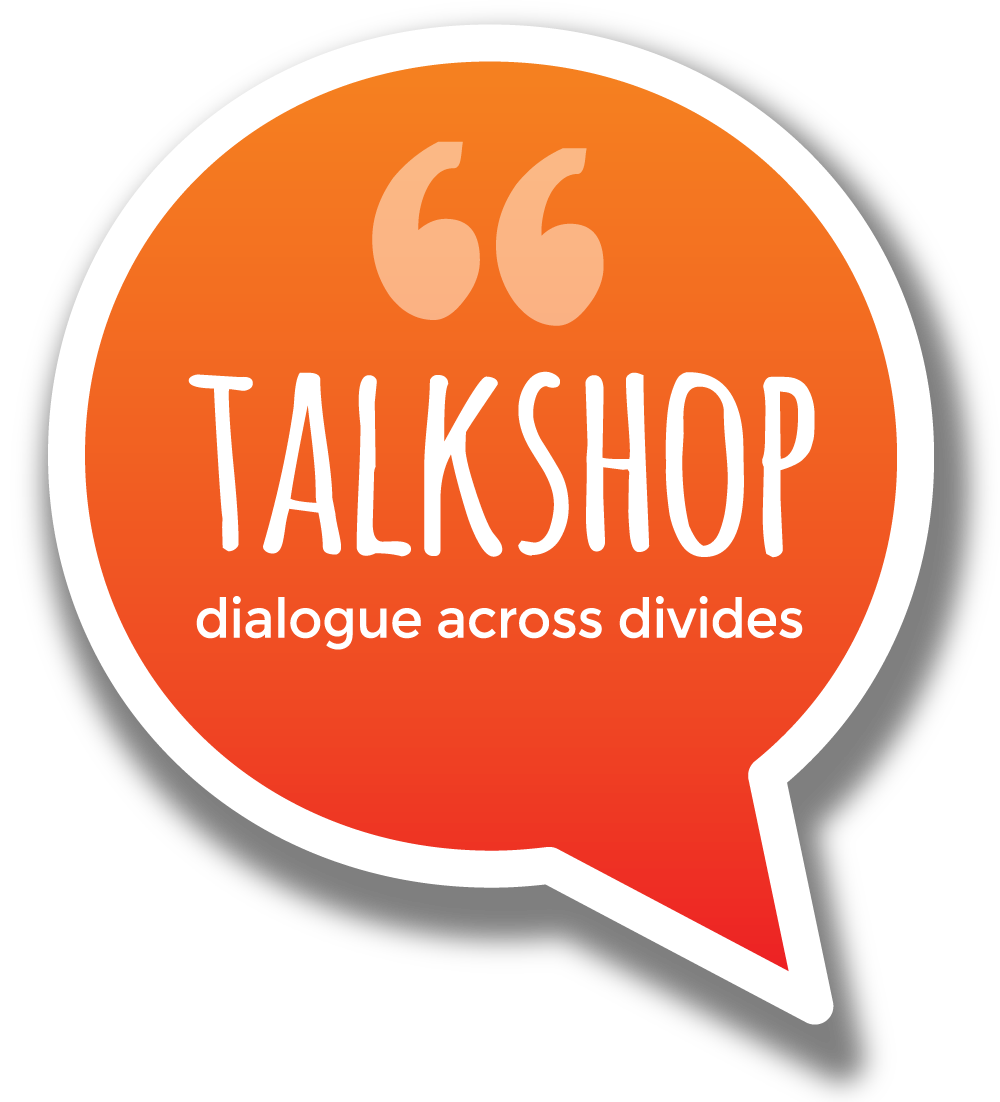The Assembly of Humans and More-Than-Humans, which is now mainly online, uses role play to give More-Than-Humans – such as peat bogs, bats, eagles and the atmosphere – the experience of negotiating on an equal footing with humans.
This is a joint project with art collective Just Dust. The website for the Assembly is here.
How it works
Each participant chooses an Ambassadorship, an entity that they would like to represent. We have developed briefings, each around 300 words, for 20 possibilities from which they can choose. These include bats, eagles, the atmosphere, the earth and rare metals, alongside human entities and organisations such as future generations of the Inuit in Greenland, murdered Ogoni activist Ken Saro-Wiwa, and EDF renewables. We also have 20 ‘context cards’ to provide further background.
Each Ambassador uses this material to decide their negotiating position. They then identify potential allies and negotiate alliances, as a prelude to seeking to reach agreement in the whole group. Each group is facilitated and consists of around six people, to make it possible to hold the event over two hours. There is time for groups to share their results at the end. Participants are sent the results after the event.
Who takes part
The participants so far include: young people (16 – 22), professors of geography, an energy demand researcher from the University of Oxford, a representative of the Welsh Commissioner for Future Generations and a senior Welsh government employee.
What their experience has been
- “The game highlights the systemic issues I can get my teeth into. It really clarified some of these, which is great.” (Welsh government employee)
- A geography professor said “I can now see the connection between what goes on in the hills in Wales and parts of the Congo in the mining of rare earths to support the production of clean electricity.”
- Another reported that “because of the format, what could be a heated debate is more productive than it would have been in person”.
- A sixteen year old loved playing the difficult role of the murdered Ken Saro-Wiwa because he could connect through the poetry of Saro-Wiwa.
You can get a better understanding of how it works from this article, published by The Consultation Institute.
